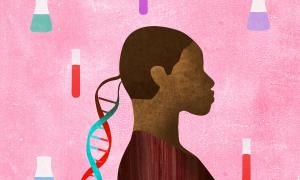Prevention and Resilience
The second anniversary of the assault on the U.S. Capitol approaches with the new year, reminding us that it’s critical to help young people understand, contextualize and counter manipulative and harmful disinformation. And because online hate continues to function as a crisis-level threat to democracy, digital literacy and models to prevent and build resilience against extremism must be among contemporary solutions.
- Prevention and Resilience: Supporting Young People Through Polarizing Times
- Reimagining Digital Literacy Education To Save Ourselves
- Combating Online Youth Radicalization

